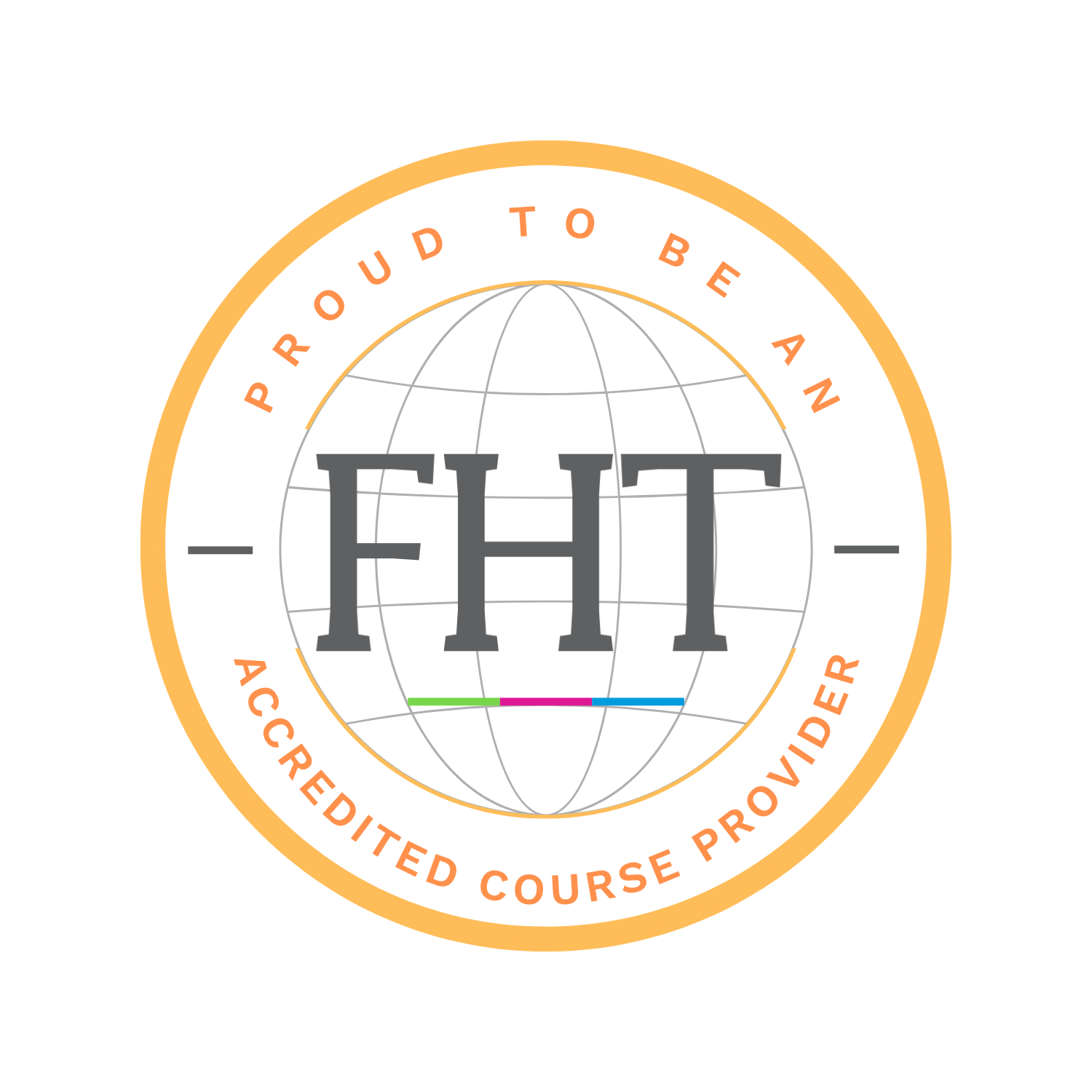Frequently asked questions
The Continuing Professional Development (CPD) requirements for doctors in the UK are set by the General Medical Council (GMC). The key elements of these requirements include:
- Annual Appraisal: Doctors are required to undergo an annual appraisal. The appraisal is a structured, documented review of a doctor's performance, including their CPD activities.
- Personal Development Plan (PDP): Doctors should have a Personal Development Plan that outlines their learning needs and objectives for the upcoming year. The PDP is an essential component of the appraisal process.
- Reflective Practice: Doctors are encouraged to engage in reflective practice, which involves reflecting on their experiences and identifying areas for improvement in their practice.
- Continuing Professional Development (CPD) Activities: CPD activities should be relevant to the doctor's practice and contribute to their professional development. These activities can include attending conferences, courses, workshops, and engaging in self-directed learning.
- CPD Credits: The GMC does not prescribe a specific number of CPD hours or credits. Instead, it emphasises the importance of quality over quantity, encouraging doctors to focus on activities that genuinely contribute to their professional development.
- Peer Review and Feedback: Doctors are encouraged to seek feedback from peers and colleagues as part of their CPD. This can involve participating in case discussions, peer reviews, and other collaborative activities.
- Recording CPD: Doctors are responsible for maintaining a record of their CPD activities. The record should include details such as the type of activity, the date, and the number of hours spent on each activity.
- GMC's Online CPD Diary: The GMC provides an online CPD diary where doctors can record and reflect on their CPD activities. While the use of the GMC's diary is not mandatory, it can be a helpful tool for organising and documenting CPD.
For further information, please visit the GMC website.
CPD for doctors offers numerous advantages, contributing to ongoing learning, skill development, and the maintenance of high professional standards. Here are some key advantages of CPD for doctors:
- Stay Current with Medical Advances: CPD allows doctors to stay abreast of the latest developments, research, and advancements in medical science and technology. This helps them integrate new knowledge into their practice and provide the most up-to-date care to patients.
- Enhance Clinical Skills: Engaging in CPD activities, such as workshops and training sessions, provides opportunities for doctors to enhance their clinical skills. This can include learning new techniques, procedures, or technologies that improve patient outcomes.
- Improve Patient Care: CPD contributes to improved patient care by ensuring that doctors are well-informed about evidence-based practices, patient safety measures, and ethical considerations. This, in turn, enhances the overall quality of healthcare services provided.
- Adapt to Changing Healthcare Landscape: The healthcare landscape is dynamic, with changes in policies, technologies, and patient expectations. CPD helps doctors adapt to these changes, ensuring they are well-equipped to navigate evolving healthcare environments.
- Career Advancement: Active participation in CPD can enhance career opportunities for doctors. It can open doors to leadership roles, academic positions, and specialised areas of practice. CPD activities and achievements may also be valuable for career progression.
- Peer Networking and Collaboration: CPD events and activities provide opportunities for doctors to network with peers, specialists, and experts in the field. Building professional connections can lead to collaborative research, shared insights, and the exchange of best practices.
- Enhance Communication Skills: CPD activities often include aspects of communication and interpersonal skills. Participating in workshops or courses focused on effective communication can improve a doctor's ability to interact with patients, colleagues, and other healthcare professionals.
- Legal and Ethical Compliance: Staying informed through CPD helps doctors comply with legal and ethical standards in healthcare. It contributes to risk management by keeping practitioners aware of changes in regulations and guidelines.
- Personal Satisfaction and Fulfilment: Engaging in CPD can provide personal satisfaction and fulfilment, as doctors see the positive impact of their continued learning on patient outcomes and professional growth.
In summary, CPD is a vital component of a doctor's professional journey, offering benefits that extend beyond individual development to positively impact patient care, regulatory compliance, and overall job satisfaction.
The General Medical Council (GMC) provides guidance on what counts as CPD for doctors. Here are examples of activities that may be considered as CPD:
- Formal Education and Training: Attending courses, workshops, conferences, and seminars related to medicine and healthcare. Completing postgraduate degrees or certifications relevant to the doctor's practice.
- Clinical Practice: Participating in clinical audits to assess and improve the quality of patient care. Involvement in peer review processes to evaluate and discuss clinical cases.
- Reflective Practice: Engaging in reflective practice, which involves reviewing and analyzing experiences to identify areas for improvement. Maintaining a reflective journal to document thoughts and insights gained from clinical experiences.
- Teaching and Supervision: Providing formal teaching to medical students, junior doctors, or other healthcare professionals. Acting as a clinical supervisor or mentor for trainees.
- Research and Publications: Conducting medical research and contributing to publications in peer-reviewed journals. Staying informed about the latest medical literature and evidence-based practices.
- Leadership and Management: Undertaking roles in leadership or management within healthcare organisations. Participating in courses or training related to healthcare leadership and management.
- Communication Skills: Participating in activities focused on enhancing communication skills with patients, colleagues, and multidisciplinary teams. Attending workshops or courses on effective doctor-patient communication.
- Technology and Innovation: Training in the use of new technologies and innovations in healthcare. Keeping up-to-date with advancements in medical technology and their applications.
- Self-directed Learning: Reading medical journals, textbooks, and other relevant publications. Keeping up with online resources, podcasts, and other educational materials.
- Personal Development Planning: Developing and maintaining a Personal Development Plan (PDP) that outlines learning needs and goals for the upcoming year.
It's important to note that CPD is not solely about attending courses; rather, it involves a combination of structured and unstructured learning activities. The emphasis is on the quality and relevance of the activities to the doctor's practice and professional development.
It's advisable for doctors to regularly check for updates from the GMC to ensure compliance with the latest guidelines.
The GMC places a strong emphasis on CPD as part of its commitment to ensuring that doctors maintain high professional standards and stay updated with developments in the field. Here are potential outcomes when doctors do not meet CPD requirements:
- Revalidation Issues: CPD is a critical component of the revalidation process, which is the periodic process by which doctors demonstrate that they are fit to practice. Failing to meet CPD requirements may jeopardise the revalidation process.
- Referral to the Responsible Officer: The Responsible Officer (RO) is an individual designated by the healthcare organisation to oversee the revalidation process. If a doctor fails to meet CPD requirements, the RO may be informed, and this could lead to further investigation.
- Concerns About Fitness to Practice: Non-compliance with CPD requirements may raise concerns about a doctor's fitness to practice. The GMC may consider whether the doctor is keeping their skills and knowledge up-to-date, which is essential for providing safe and effective patient care.
- GMC Investigation: The GMC may conduct an investigation if there are concerns about a doctor's compliance with CPD requirements. This investigation could lead to disciplinary proceedings if it is determined that there has been a breach of professional standards.
- Reprimands, Warnings, or Sanctions: If the GMC finds evidence of non-compliance with CPD requirements, it may issue reprimands, warnings, or other sanctions. The severity of the sanction may depend on factors such as the extent of non-compliance and whether there is a history of regulatory breaches.
- Refusal of Revalidation: If a doctor consistently fails to meet CPD requirements, it may result in the refusal of revalidation. Without revalidation, a doctor may not be able to continue practicing, and their registration may be at risk.
- Removal from the Medical Register: In extreme cases, if a doctor is found to be persistently non-compliant with CPD requirements and there are serious concerns about their fitness to practice, removal from the medical register may be considered.
It's important for doctors to take their CPD obligations seriously, engage proactively in CPD activities, and keep accurate records of their professional development. Regular participation in CPD not only helps doctors meet regulatory requirements but also ensures that they provide the highest standard of care to their patients.



